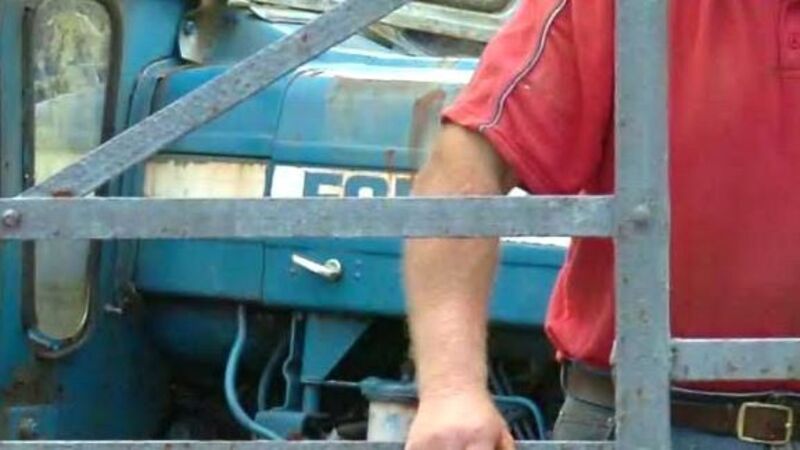What are squatter’s rights exactly?

Adverse possession, as it is known in legal terms, (otherwise known as “Squatter’s Rights”) allows a third party to claim a right over land which is registered in the name of another person on the basis that they have occupied the land continuously for over 12 years with the intention of excluding all others, including the true owner.










